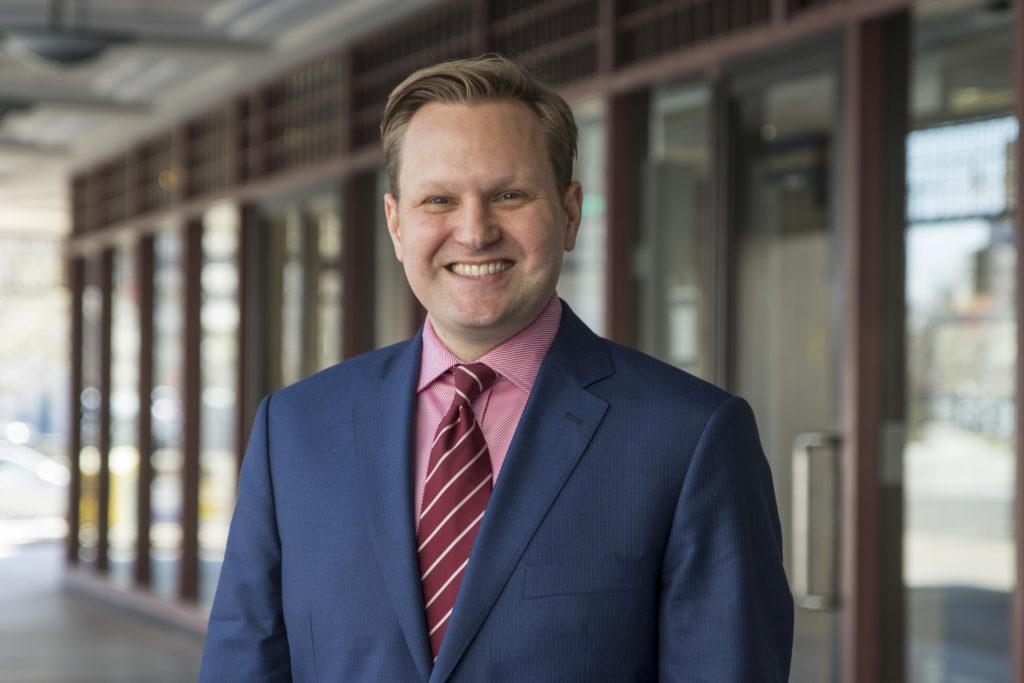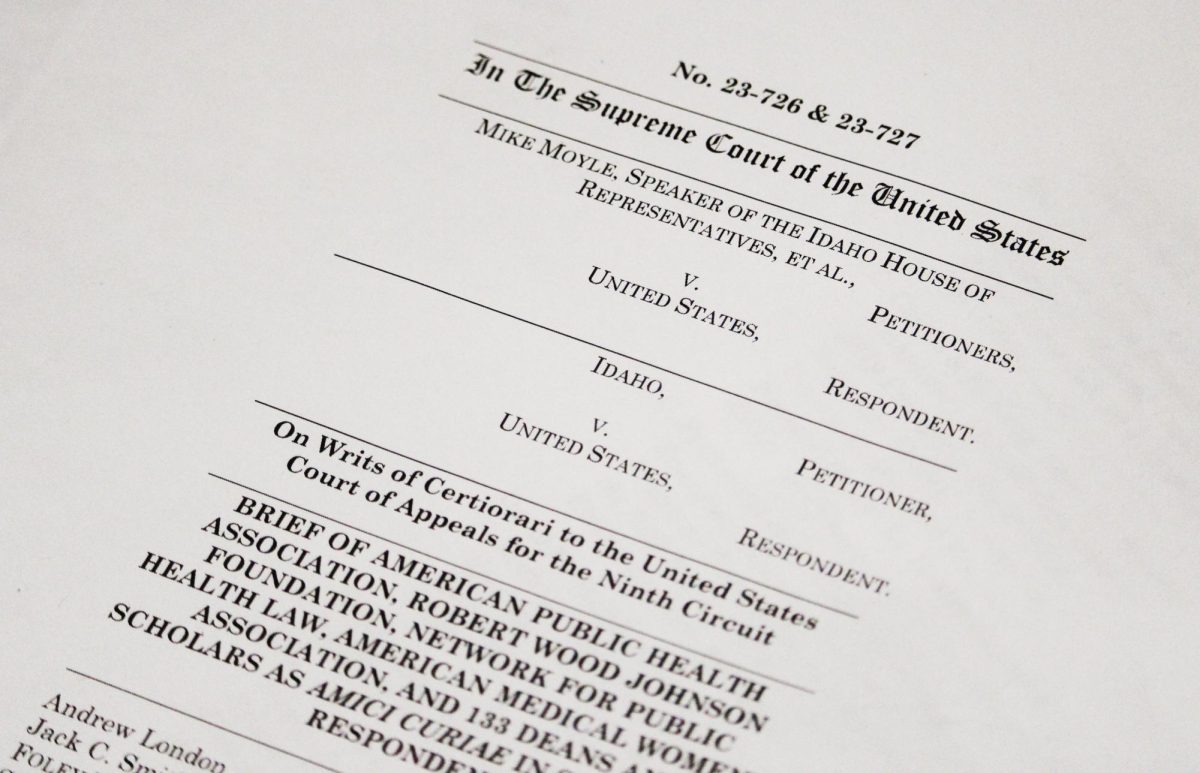Faculty from three GW schools launched an online curriculum on substance use disorders to train health care professionals and any member of the University community.
The curriculum, which is composed of four modules on topics like the neurobiology and stigma behind substance use disorders, launched late last month in honor of Substance Abuse Prevention month. Reamer Bushardt, the senior associate dean for health sciences at the School of Medicine and Health Sciences and one of the project’s creators, said Project RESULT – which stands for “rethink substance use disorder practitioner learning and teaching,” according to its website — will help GW become a leader in training health professionals to diagnose and screen for substance use disorders.
“I’d love GW to be a national leader in how we prepare professionals, the advocacy work that we could do to support families and communities affected by substance use disorders and really leverage all of our campus expertise to really make an impact in substance use and addiction disorders,” Bushardt said.
Bushardt said the Substance Abuse and Mental Health Services Administration, a U.S. Department of Health and Human Services agency aiming to reduce substance use, awarded GW a $200,000 contract two years ago to fund the project that launched late last month.
The most common addictive substances in the United States are tobacco, alcohol and marijuana, which about 40, 18 and 4.2 million people are addicted to respectively. Nearly 80 percent of U.S. college students have abused alcohol, according to AddictionCenter.
The project’s team is composed of four faculty members from the School of Medicine and Health Sciences, the Milken Institute School of Public Health and the School of Nursing.
“The complexity of caring for an individual with substance use disorders almost always involves physiological disease, social, cultural issues,” Bushardt said. “It’s always a complicated environment, so you just can’t do it on your own.”
Free registration is open on the project’s website to any member of the GW community, and students can email any faculty member involved in the project to gain access to the Blackboard learning community, where they can take the online course. Bushardt said most students take four hours to complete the self-paced modules.
Bushardt said the first module explains the connection between brain disease and addiction to substances like alcohol and opioids, as well as the stigma around substance use disorders. He said the second module discusses contingency management, a behavioral therapy treatment that uses motivational incentives to help patients become abstinent from drugs and alcohol.
“We try to present the science and neurobiology of addictive disorders so people understand that it is a chronic brain disease,” Bushardt said.
He said the third module will be about SBIRT – screening, brief intervention and referral to treatment – a method to diagnose individuals with substance use disorders for treatment. He said he will teach the last module, which focuses on behavioral interventions and medications for substance use disorders.
Bushardt said the project’s faculty members are sharing the project via multiple scientific newsletters, social media platforms, clinical affiliates, the D.C. Department of Health and GW alumni who are health professionals all over the DMV to increase participation in the project.
He said the team is developing two new modules to treat patients with substance use disorders, with the first diving into motivational interviews, a technique professionals use to help patients resolve ambivalence about detaching from unhealthy behaviors, and the second about the stigma patients with substance use disorders face.
“They feel ashamed,” Bushardt said. “They may feel that others are judging them, and it’s a real barrier.”
Experts in psychiatry said educational programs like Project RESULT are critical to improve the screening and diagnosis of substance use disorders for early intervention.
Henry Kranzler, a professor of psychiatry and the director of the University of Pennsylvania’s Center for Studies of Addiction, said health care professionals may attribute substance addictions to their patients’ “moral failing” instead of proven social and scientific factors. Family history of addiction, peer pressure and mental health disorders are all factors that affect the likelihood of developing a substance use disorder, according to the MayoClinic.
“Physicians and other health care providers are members of the same society as the rest of us are.” Kranzler said. “They share some of the same biases that exist at the societal level where addiction is viewed as a personal failing.”
Angelo DiBello, an assistant professor at Rutgers University’s Center of Alcohol and Substance Use Studies, said substance use education for health care professionals should include lessons on motivational interviewing and cognitive behavioral therapy.
“Whether it takes the form of a required course, mandatory seminar series, etc., I think all health care professionals who interact with patients should be strongly encouraged to take some type of substance use screening education,” DiBello said in an email.
Jean Bennett, the regional administrator for the Substance Abuse and Mental Health Services Administration, said health professionals should have “culturally responsive” communication skills with their substance use disorder patients and to treat them with language that is inclusive and positive. She said it’s valuable for health professionals to improve skills to treat people with substance use disorders.
“The better prepared they are for serving people who use substances, the quicker they can help ensure those people receive the recovery care and support they need,” Bennett said in an email.







